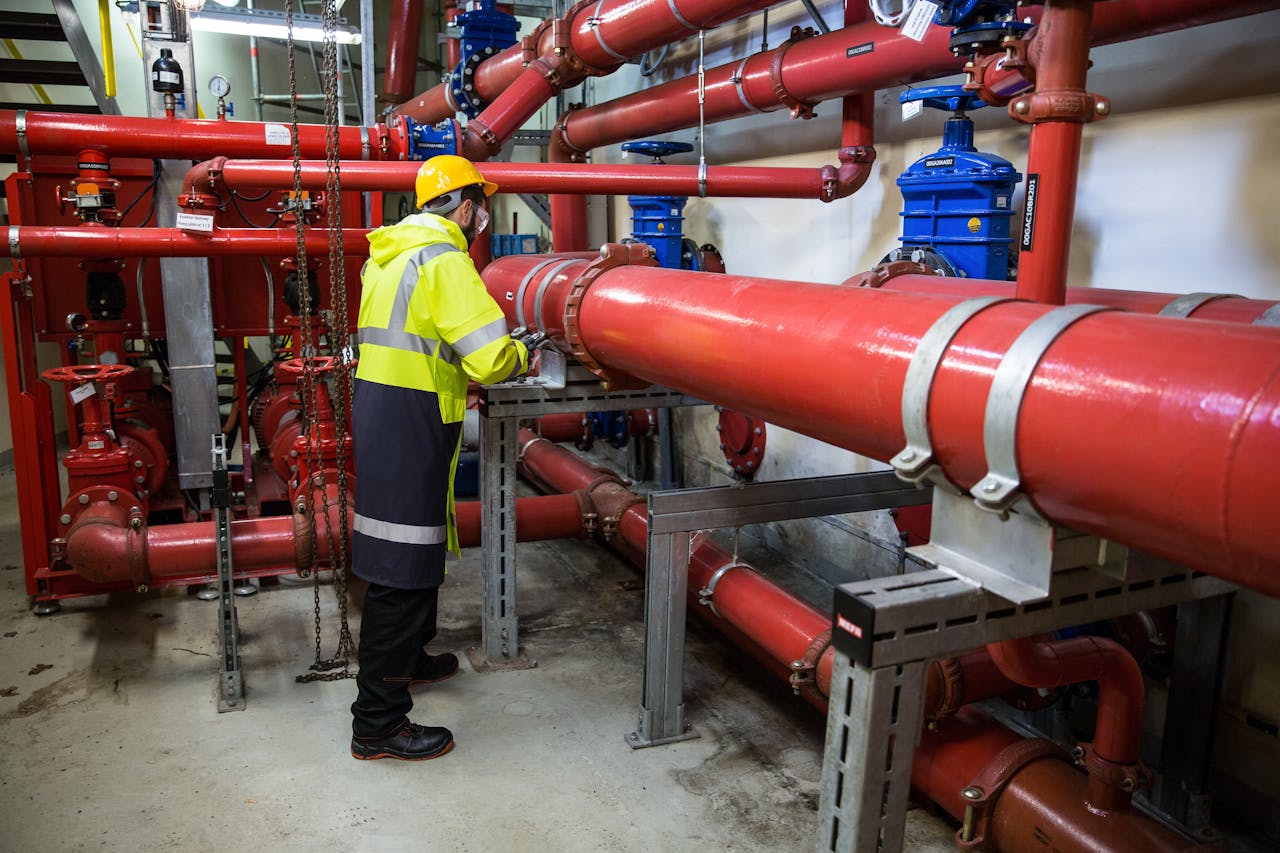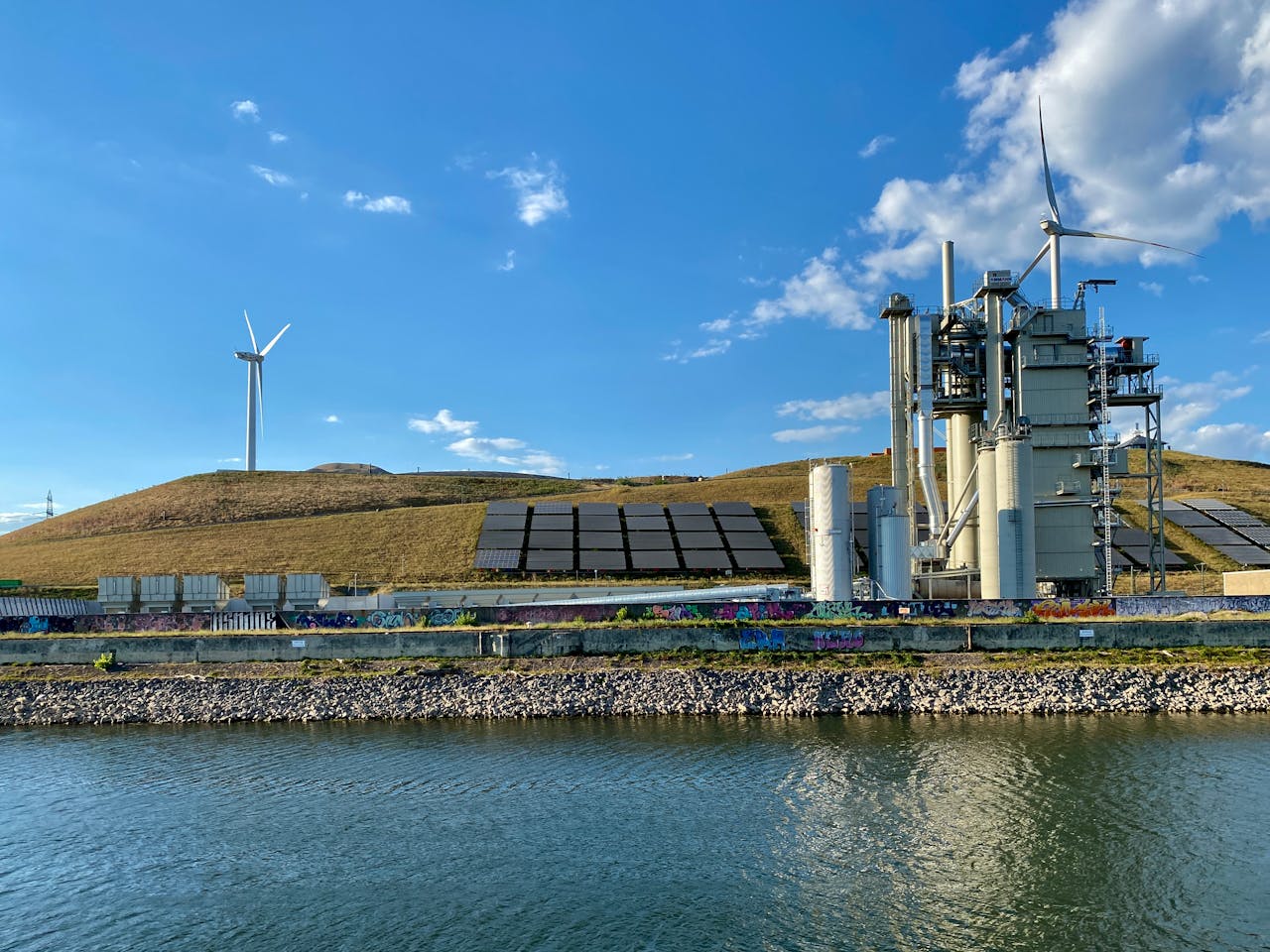Process Control Certification Training Course

| Date | Format | Duration | Fees (USD) | Register |
|---|---|---|---|---|
| 24 Nov - 28 Nov, 2025 | Live Online | 5 Days | $3785 | Register → |
| 29 Dec - 09 Jan, 2026 | Live Online | 10 Days | $7735 | Register → |
| Date | Venue | Duration | Fees (USD) | Register |
|---|---|---|---|---|
| 17 Nov - 21 Nov, 2025 | Cape Town | 5 Days | $5775 | Register → |
| 15 Dec - 26 Dec, 2025 | Nairobi | 10 Days | $11085 | Register → |
Did you know that advanced process control techniques like Model Predictive Control (MPC) can reduce process variability by up to 60%, improve energy efficiency by 4-8%, and increase production throughput by 3-5%?
Course Overview
The Process Control Certification Training Course by Alpha Learning Centre is meticulously designed to equip professionals with essential skills in designing, implementing, and optimizing process control systems. This course focuses on how professionals can effectively implement sophisticated control strategies, tune control loops, and optimize system performance to ensure comprehensive process control excellence in modern industrial environments.
Why Select This Training Course?
Selecting this Process Control Certification Course offers numerous advantages for professionals involved in process control and automation. Participants will gain advanced knowledge of control system fundamentals, PID controller tuning, and advanced control strategies. The course provides hands-on experience with industry-standard simulation tools and real-world case studies, enabling attendees to optimise their process control strategies effectively.
For organisations, investing in this training enhances overall operational efficiency and ensures better product quality. Research indicates that implementing comprehensive process control frameworks results in enhanced ability to maintain competitive advantage through reduced variability and improved energy efficiency. According to industry experts, advanced process control techniques such as MPC can significantly reduce product variability while optimizing energy consumption, directly impacting profitability and environmental compliance.
For individuals who complete this course, will benefit from enhanced career prospects as they become more valuable assets in their respective fields. Studies indicate that professionals with process control expertise can significantly improve their career trajectory as understanding PID tuning methods and advanced strategies positions individuals as specialists in a high-demand field.
Transform your process control capabilities – Register now for this critical advanced training programme!
Who Should Attend?
This Process Control Certification Training Course is suitable for:
- Process Control Engineers in manufacturing
- Automation Technicians in process industries
- Control System Designers seeking certification
- Operations Managers in process control
- Instrumentation Specialists in chemical plants
What are the Training Goals?
The objectives of this course are to:
- Master advanced process control techniques
- Implement effective control strategies in operations
- Enhance system tuning and optimisation skills
- Understand control system integration and interaction
- Prepare for certification in process control
How will this Training Course be Presented?
The Process Control Certification Training Course delivers comprehensive, hands-on training through proven methodologies designed to maximise learning outcomes and practical skill development. Our expert instructors employ the following methods:
- Hands-on control loop simulations
- Workshops on advanced control algorithms
- Expert-led sessions on process dynamics
- Case studies of control system implementations
Each delivery method is carefully integrated to ensure participants gain both theoretical knowledge and practical experience. The course structure promotes active engagement and real-world application, allowing participants to develop crucial analytical and strategic skills within a supportive learning environment.
Join us to experience this dynamic and effective learning approach – Register now to secure your place!
Course Syllabus
Module 1: Control System Fundamentals
- Feedback control principles
- Open-loop vs. closed-loop control
- Stability analysis of control systems
- Error analysis and correction methods
- Proportional, Integral, and Derivative (PID) control
- Control system architecture
- Performance metrics for control loops
Module 2: PID Controller Tuning
- Tuning methods: Ziegler-Nichols, Cohen-Coon
- Adaptive PID tuning techniques
- Impact of process dynamics on PID tuning
- Controller performance under varying conditions
- Manual and automatic tuning strategies
- Dealing with non-linear process responses
- Software tools for PID tuning
- Retuning for process changes
- Simulating control loop performance
- Troubleshooting tuning issues
Module 3: Advanced Control Strategies
- Cascade, feedforward, and ratio control
- Model Predictive Control (MPC) basics
- Nonlinear control for complex processes
- Multivariable control systems
- Dead time compensation techniques
- Control strategies for batch processes
- Control of interacting loops
- Disturbance rejection methods
Module 4: Process Dynamics and Modelling
- Process identification techniques
- First and second-order system responses
- Time constants and dead time effects
- Control of distributed parameter systems
- Empirical and physical models
- Simulation of process behaviour
- Dynamic response analysis
- Process interaction and decoupling
Module 5: Control Valve Selection and Sizing
- Valve characteristics and selection criteria
- Sizing for different flow conditions
- Actuator types and control valve dynamics
- Valve positioners and their impact on control
- Cavitation, flashing, and noise management
- Control valve diagnostics
- Maintenance considerations for control valves
Module 6: Data Acquisition and Analysis
- Signal conditioning for control systems
- Data logging for process control
- Real-time data visualisation
Module 7: Safety and Regulatory Control
- Safety Instrumented Systems (SIS) in process control
- Alarm management strategies
- Compliance with control system standards
- Regulatory control for process safety
Module 8: Digital Control Systems
- DCS and PLC control philosophies
- Programming for control systems
- Integration of DCS with SCADA
- Cybersecurity in digital control systems
Module 9: Control Loop Optimization
- Loop performance assessment
- Continuous improvement in control loops
- Statistical Process Control (SPC) applications
- Optimization techniques for control systems
- Use of control performance software
- Strategies for reducing variability
- Control loop interaction analysis
Training Impact
The impact of process control training is evident through various real-world case studies and data, which demonstrate the effectiveness of structured programmes in enhancing operational efficiency and product quality.
Research indicates that professionals with strong process control skills can significantly improve operational outcomes. According to industry studies, advanced process control techniques such as MPC are increasingly adopted to address complex process interactions and improve efficiency. These strategies not only enhance production throughput but also reduce energy consumption and environmental impact.
These case studies highlight the tangible benefits of implementing advanced process control techniques:
- Improved operational efficiency through reduced process variability
- Enhanced energy efficiency and cost savings
- Increased production throughput and reduced waste
- Strengthened compliance with safety and regulatory standards
By investing in this advanced training, organisations can expect to see:
- Significant improvement in process control performance
- Improved ability to handle complex control challenges
- Enhanced decision-making capabilities in process optimization
- Increased competitiveness through comprehensive process control strategies
Transform your career and organisational performance – Enrol now to master Process Control!








